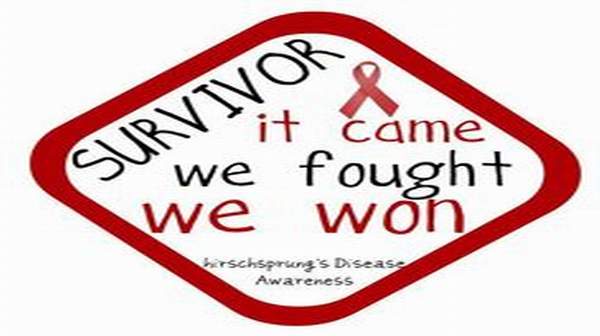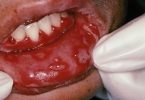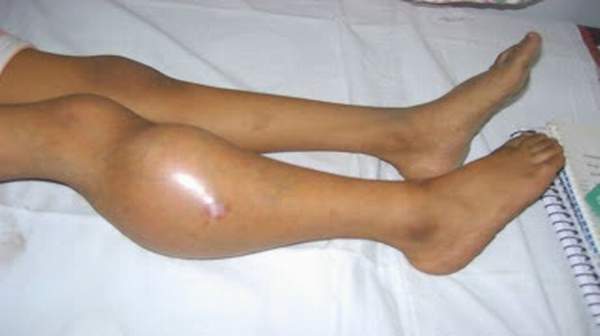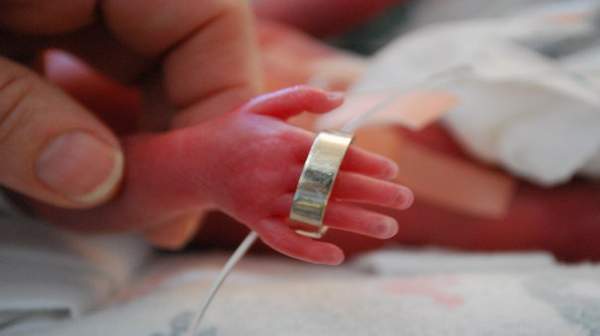What's in this article?
Hirschsprung disease overview
Hirschsprung disease is a disease of the large intestine that causes severe constipation or intestinal obstruction. Constipation means stool moves through the intestines slower than usual. Bowel movements occur less often than normal and stools are difficult to pass. Some children with HD can’t pass stool at all, which can result in the complete blockage of the intestines, a condition called intestinal obstruction. People with HD are born with it and are usually diagnosed when they are infants. Less severe cases are sometimes diagnosed when a child is older. An HD diagnosis in an adult is rare.
Symptoms of Hirschsprung disease
Signs and symptoms of Hirschsprung disease vary with the severity of the condition. Usually signs and symptoms appear shortly after birth, but sometimes they’re not apparent until later in life.
Typically, the most obvious sign of Hirschsprung disease is a newborn’s failure to have a bowel movement within 48 hours after birth.
Other signs and symptoms in newborns may include:
- Swollen belly
- Vomiting, including vomiting a green or brown substance
- Constipation or gas, which might make a newborn fussy
- Diarrhea
In older children, signs and symptoms can include:
- Swollen belly
- Chronic constipation
- Gas
- Failure to gain weight
- Fatigue
Risk Factors of Hirschsprung Disease
This condition occurs more frequently in boys than in girls, with as many as four boys affected for every girl. Also, children with Down syndrome have a substantially higher risk of having Hirschsprung disease.
Some cases of Hirschsprung disease can be related to a genetic (inherited) cause. There is an increased chance that a couple will have a child with Hirschsprung disease if one of the parents has the condition, and the chance is higher if it is the mother who has the condition.
If a family has a child with Hirschsprung disease, there is a 3 percent to 12 percent chance that another baby will also have it.
Possible Complications of Hirschsprung Disease
- Inflammation and infection of the intestines (enterocolitis) may occur before surgery, and sometimes during the first 1 – 2 years afterwards. Symptoms are severe, including swelling of the abdomen, foul-smelling watery diarrhea, lethargy, and poor feeding.
- Perforation or rupture of the intestine
- Short bowel syndrome, a condition that can lead to malnourishment and dehydration
Hirschsprung Disease Treatment & Surgery
In all cases of Hirschsprung disease, surgery is the definitive treatment. The segment of intestine without the specialized nerves is removed. The segment of intestine that has been shown by biopsy to be normal is then pulled down to the anus.
The trend is to perform this surgery without a protective colostomy during the neonatal period. However, in many cases in which a child is ill from infections, has an obvious intestinal obstruction, has other serious conditions or has a significantly enlarged bowel, a colostomy is required.
The colostomy is placed in the part of the intestine that functions normally and the child may eat and grow. The operation to remove the abnormal segment of bowel is performed at a later date.
When there is an early diagnosis and when circumstances are favorable (such as otherwise good health and lack of infection), the definitive surgical procedure can be performed in a single stage. This can be done with a minimally invasive surgical technique, with laparoscopy, or sometimes entirely through the anus with no scars at all. With proper surgical technique of preserving the sphincters and anal canal, fecal continence should remain.





